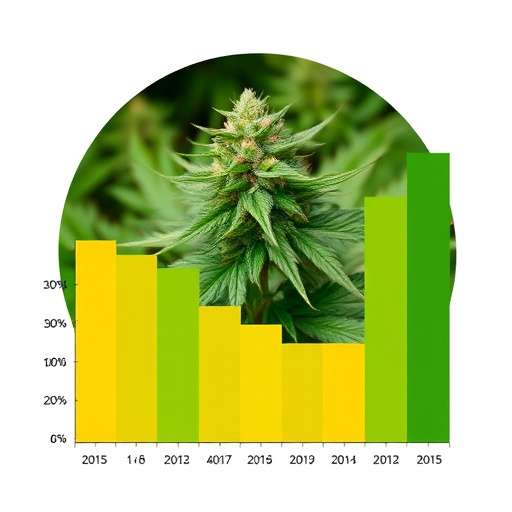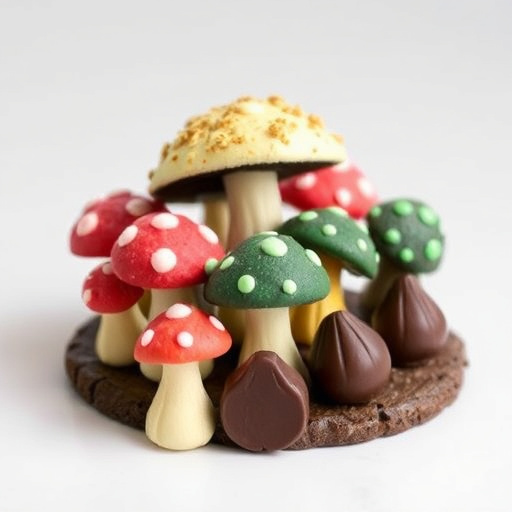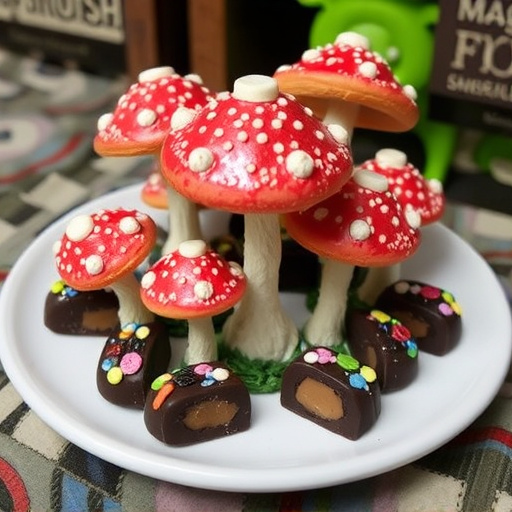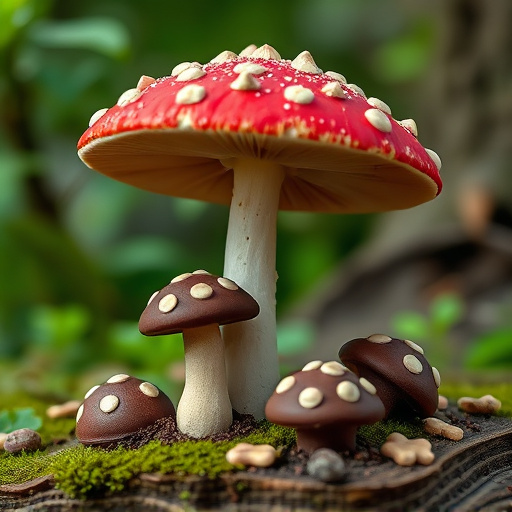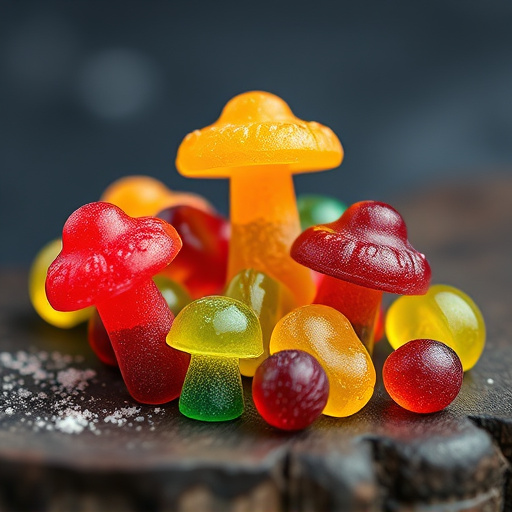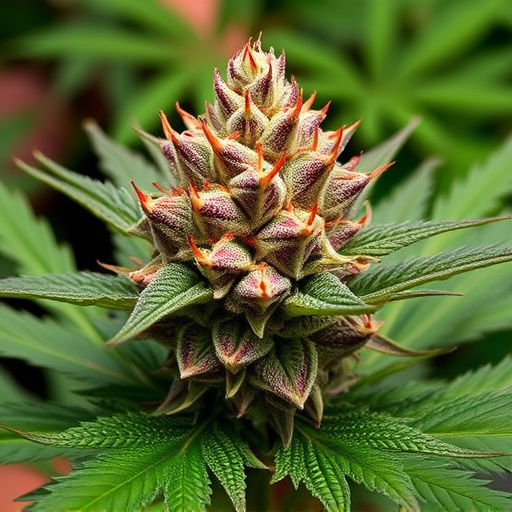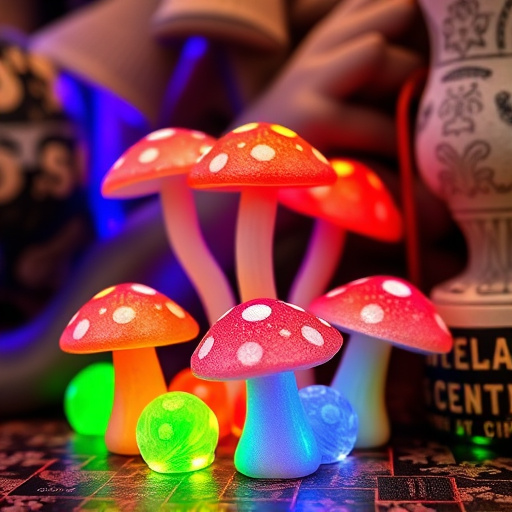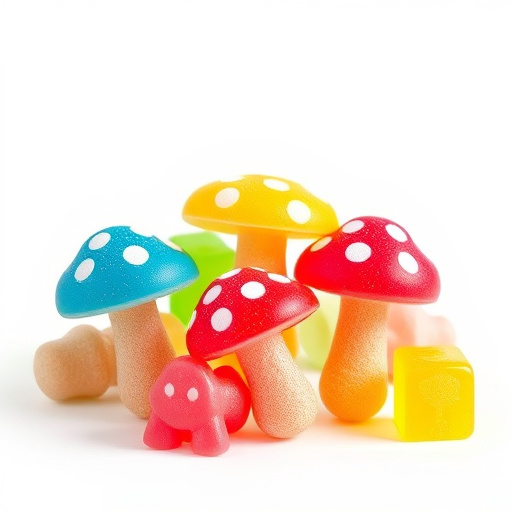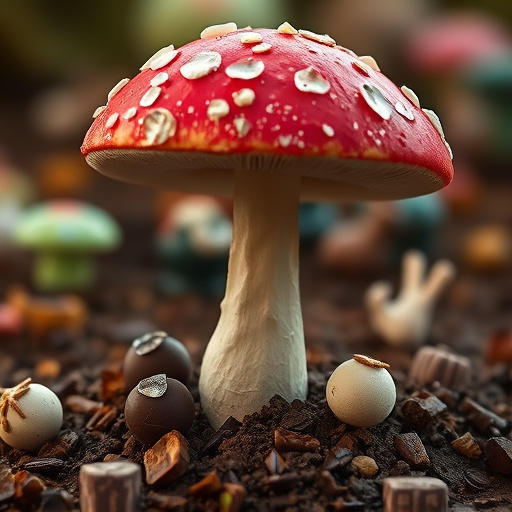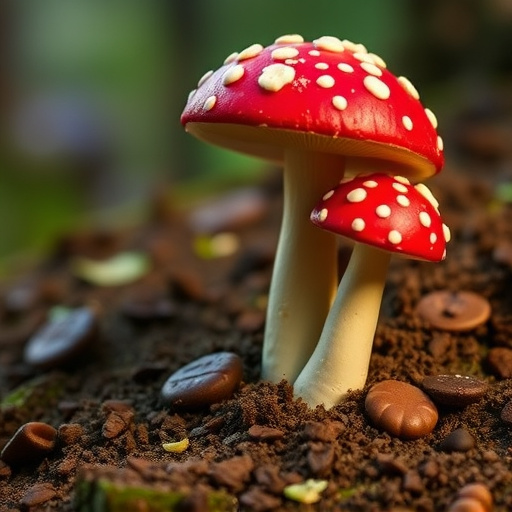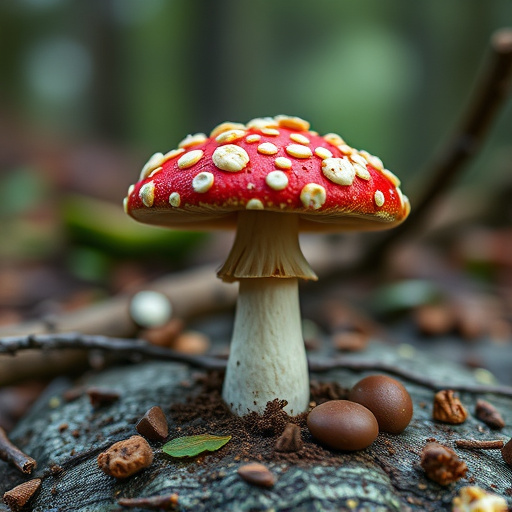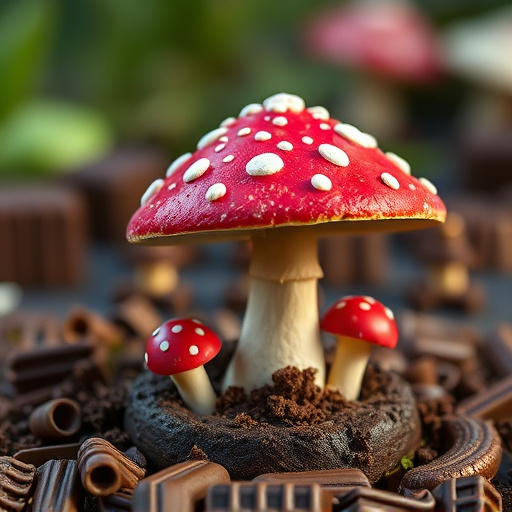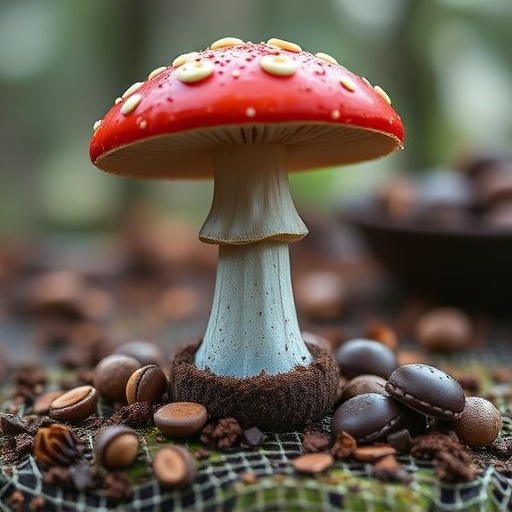Psilocybin, found in magic mushroom chocolates, significantly alters brain chemistry by binding to serotonin receptors and converting to psilocin, which releases dopamine—the 'feel-good' neurotransmitter associated with pleasure, reward, and motivation. This interaction leads to shifts in perception, creativity, and euphoria, while promoting neuroplasticity and potentially offering therapeutic benefits for anxiety and depression. Understanding the relationship between psilocybin and dopamine levels provides valuable insights into the growing interest in psychedelic-assisted therapy, highlighting both the appealing experiences and need for safe consumption of magic mushroom chocolates.
Unleash a world of sensory delight with the emerging trend of Magic Mushroom Chocolates. This innovative treat combines the mystical properties of psilocybin with the indulgent experience of chocolate. In this guide, we delve into the science behind psilocybin’s effect on dopamine levels in the brain, exploring its potential mental health benefits. We then uncover the art of infusing psilocybin into chocolates, highlighting safe production standards and unique flavor profiles. Lastly, discover top picks and expert recommendations for the best Magic Mushroom Chocolates to cater to every taste and desired experience.
- Understanding Psilocybin and Its Effects on the Brain
- – What is psilocybin?
- – How does it interact with dopamine levels?
Understanding Psilocybin and Its Effects on the Brain
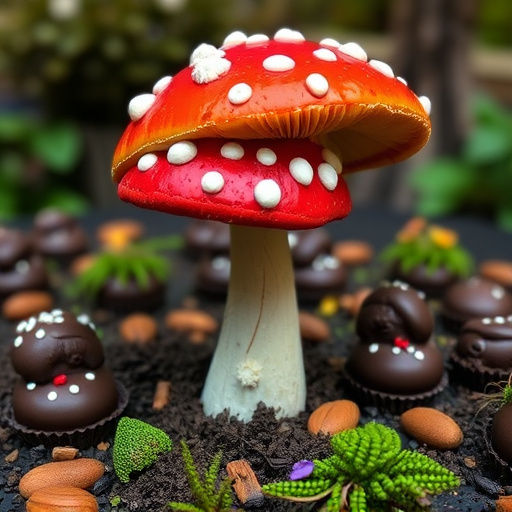
Psilocybin, a powerful compound found in certain types of magic mushroom chocolates, is known for its psychological effects that alter perception and mood. It works by binding to specific receptors in the brain, leading to changes in serotonin levels, which play a crucial role in regulating mood, cognition, and sensory perception. One of the key aspects of psilocybin’s impact is its ability to increase dopamine levels, a neurotransmitter associated with pleasure, reward, and motivation. This boost in dopamine can result in heightened sensory experiences, enhanced creativity, and an overall feeling of euphoria.
The effects of psilocybin on the brain are complex and multifaceted. Research suggests that it promotes neuroplasticity, the brain’s ability to form new neural connections, which may contribute to its potential therapeutic benefits. Additionally, psilocybin has been shown to reduce anxiety and depression in controlled settings, making magic mushroom chocolates a topic of growing interest in the field of psychedelic-assisted therapy. Understanding these effects is essential when considering the use of psilocybin-containing products, like gourmet chocolate treats, as a means of exploring consciousness and potentially improving mental health.
– What is psilocybin?
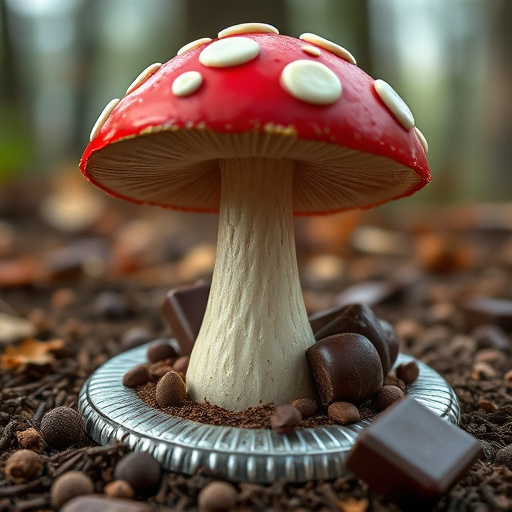
Psilocybin, a naturally occurring compound found in certain types of magic mushroom chocolates, is known for its psychological effects that alter perception and mood. It acts as a serotonin receptor agonist, particularly targeting the 5-HT2A receptors in the brain, which play a significant role in cognitive functions, emotions, and sensory processing. When consumed, psilocybin converts into psilocin, the primary psychoactive substance responsible for the ‘trip’ or altered state of consciousness associated with magic mushroom chocolates.
Research has suggested that psilocybin can modulate dopamine levels in the brain, a neurotransmitter closely linked to pleasure, reward, and motivation. This interaction may contribute to the therapeutic potential of psilocybin-based treatments for conditions like depression and anxiety. By influencing dopamine levels, psilocybin could offer novel approaches to mental health management, providing users with profound insights and transformative experiences that extend beyond the immediate effects of magic mushroom chocolates.
– How does it interact with dopamine levels?

Psilocybin, the active compound found in magic mushroom chocolates, has a unique relationship with dopamine levels in the brain. When consumed, psilocybin is converted into psilocin, which then binds to serotonin receptors, leading to a release of dopamine. Dopamine is often referred to as the ‘feel-good’ neurotransmitter because it plays a significant role in regulating pleasure, reward, and motivation. This interaction results in the euphoric and mystical experiences associated with magic mushroom chocolates.
Research suggests that the increase in dopamine levels can enhance cognitive functions and promote feelings of well-being. However, it’s important to note that the effects can vary from person to person, depending on factors like dosage, setting, and individual brain chemistry. Understanding how psilocybin interacts with dopamine levels offers insights into its potential therapeutic applications, particularly in mental health treatments where boosting dopamine activity is often a goal.
In conclusion, magic mushroom chocolates can offer a unique and potent way to experience the therapeutic effects of psilocybin. By enhancing dopamine levels in the brain, these treats have the potential to promote feelings of well-being and enhance mental clarity. However, it’s crucial to approach them with knowledge and caution, ensuring a safe and controlled environment for consumption. Understanding both the benefits and risks is key to navigating this growing trend in the world of psychedelic exploration.
